10 Years Without Buyers, Saab Pins Hopes on Three Countries to Choose JAS39 Gripen
Saab's President and Chief Executive Officer, Micael Johansson, has expressed his "disappointment" to the media about the JAS39 Gripen fighter jet's failure to attract any buyers, noting that the last time it secured a contract from any country was ten years ago.
(DEFENCE SECURITY ASIA) — Disappointed of failing to attract any buyers in a decade, Swedish company Saab, which manufactures the JAS-39 Gripen fighter aircraft, now pins its hopes on three countries—India, Thailand, and the Philippines—to select the fighter aircraft for their air forces.
In a world where the F-35 fighter produced by Lockheed Martin and the Rafale produced by Dassault Aviation are the choices of various countries worldwide, Saab continues to mourn the failures of their attempts to market the Gripen.
Despite being produced by Saab, a Swedish company, the European fighter aircraft market now seems to be dominated by the American-made F-35, and even the Rafale, produced by France, a major power in the continent, has failed to secure a significant place.
Rafale is now focusing on markets outside Europe, especially in the Middle East.
President and CEO of Saab, Micael Johansson, reportedly expressed his “disappointment” to the country’s journalists regarding the Gripen’s failure to attract buyers.
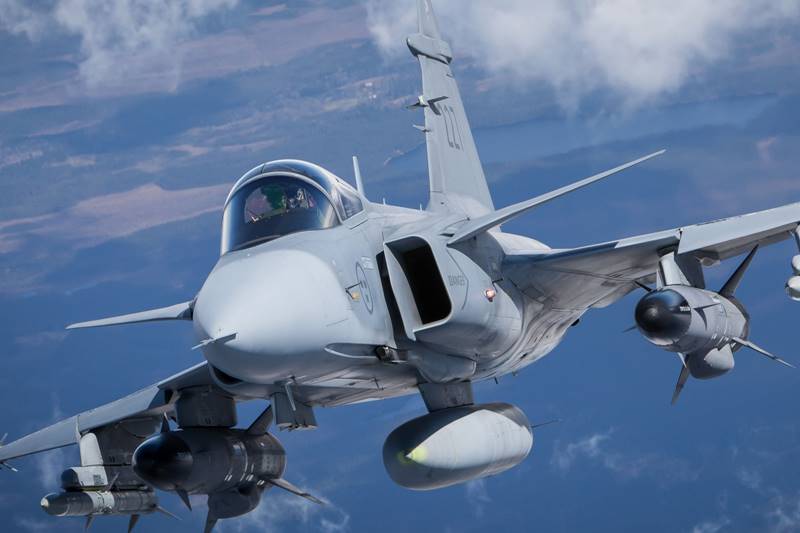
He mentioned that the Gripen fighter failed to meet its export market targets and attributed the failure to political factors.
The last time the Gripen fighter successfully won a competition to supply aircraft to a foreign country was in 2014 when it secured a deal with Brazil to purchase 36 of the Swedish-made fighters worth $5.4 billion (RM21.6 billion).
Now, India, Thailand, and the Philippines offer Saab the opportunity to try to end the “drought” of buyers for the Gripen fighter.
Recently, Saab India announced that it is offering 114 Gripen-E aircraft, the latest variant, to India to meet its multi-role fighter aircraft needs for the air force. Saab India stated that with the Gripen-E variant, India would have a future-generation fighter aircraft with air combat capabilities ready to face any threat at any time.
However, Saab faces stiff competition for the contract in India, as the Rafale fighter, F-21 by Lockheed Martin, F-18 by Boeing, MiG-35, and Eurofighter are also in the running.
For this competition, the Rafale fighter seems to have a better chance, as it successfully attracted India to purchase 36 of these fighters a few years ago.
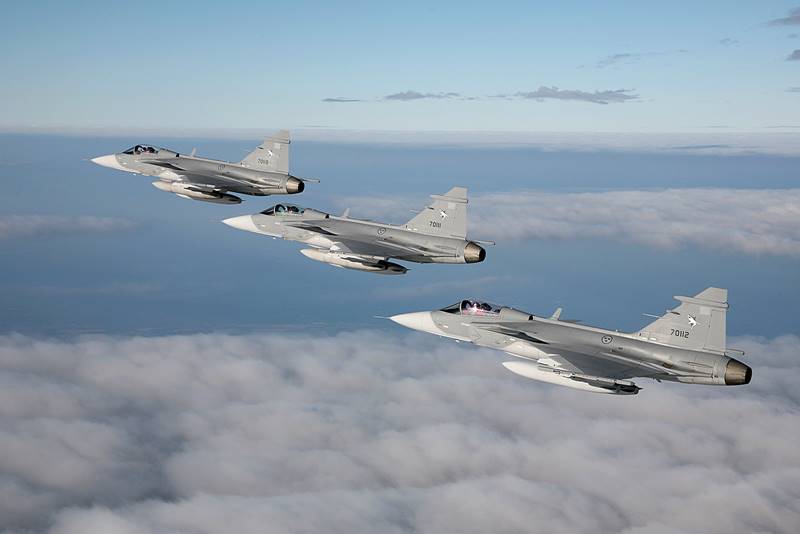
In the case of Thailand, the Southeast Asian country already has 12 Gripen C/D fighters acquired in 2011, although one of them crashed during an air show in Hat Yai a few years ago.
Thailand also uses an Early Warning and Control Aircraft (AEWC) named “Erieye,” acquired along with the Gripen fighters.
Bangkok intends to increase its Gripen aircraft fleet after its attempt to acquire F-35 fighters from the United States was rejected.
The U.S. argued that Thailand was not “ready” to operate these advanced aircraft due to a lack of infrastructure and safety assurances, including airbase safety, maintenance, pilots, and crew involved in operating the aircraft.
Failing to obtain the F-35, Thailand is turning to the Gripen, and reports suggest that it plans to acquire the latest variant, the Gripen-E.
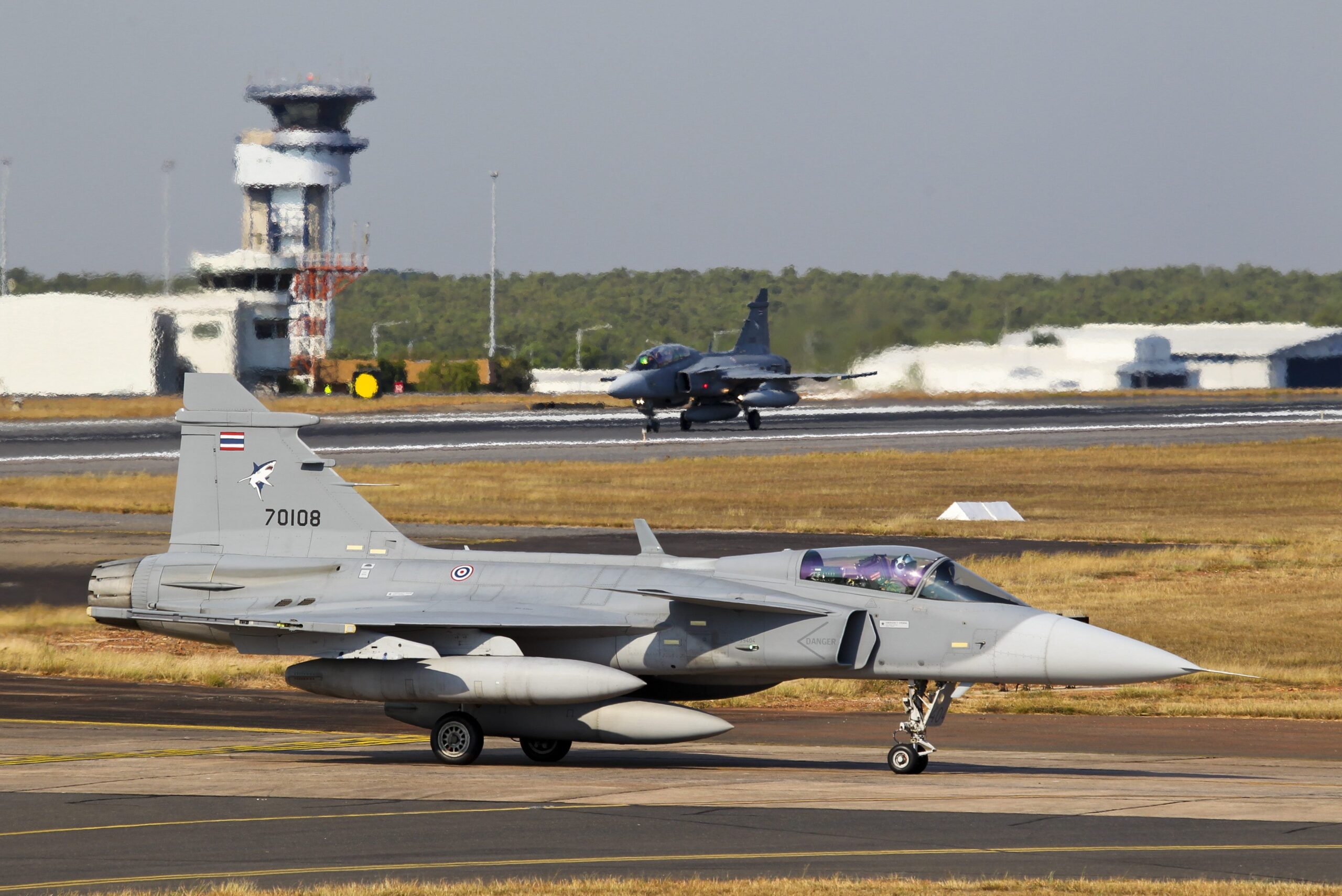
Thai media indicates that the Royal Thai Air Force (RTAF) aims to acquire an additional 12 Gripen aircraft, bringing the total number of these fighter aircraft to 23.
According to sources cited by the Bangkok Post, Saab will also upgrade the radar used by the Gripen fighters.
Meanwhile, the Philippines and Sweden recently signed a Memorandum of Understanding (MoU) that brings Manila closer to the acquisition of Gripen fighter aircraft for its air force.
The MoU occurred as the Philippines is in the final stages of selecting its Multi-Role Combat Aircraft (MRCA), with the Gripen JAS-39 and the F-16 from the United States being the two final candidates.
The Gripen and F-16 have surpassed other contenders, including India’s Tejas and various other fighter aircraft such as the Rafale, F/A-18E/F Super Hornet, MiG-35, Sukhoi Su-30 Flanker, Tejas, and JF-17 Thunder.
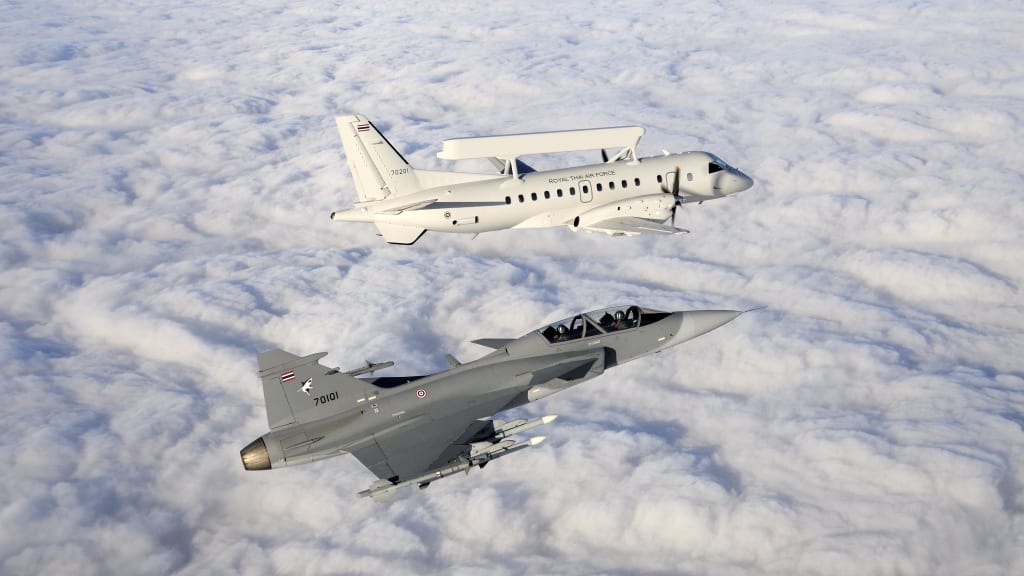
In recent month, top officials of the Philippine Air Force reportedly visited Sweden, touring Saab Group’s facilities to get a closer look at the Gripen fighter and the Early Warning and Control Aircraft (AEWC).
The United States offered 12 of the latest variant F-16V Block 70/72 Viper fighters developed by Lockheed Martin valued at $2.5 billion (RM10 billion).
However, shortly after the announcement by Washington, the Philippine Secretary of Defense at that time, Delfin Lorenzana, rejected the offer, citing it as “too expensive.” The U.S. proposal included 10 F-16C Block 70/72 and two F-16D Block 70/72. — DSA
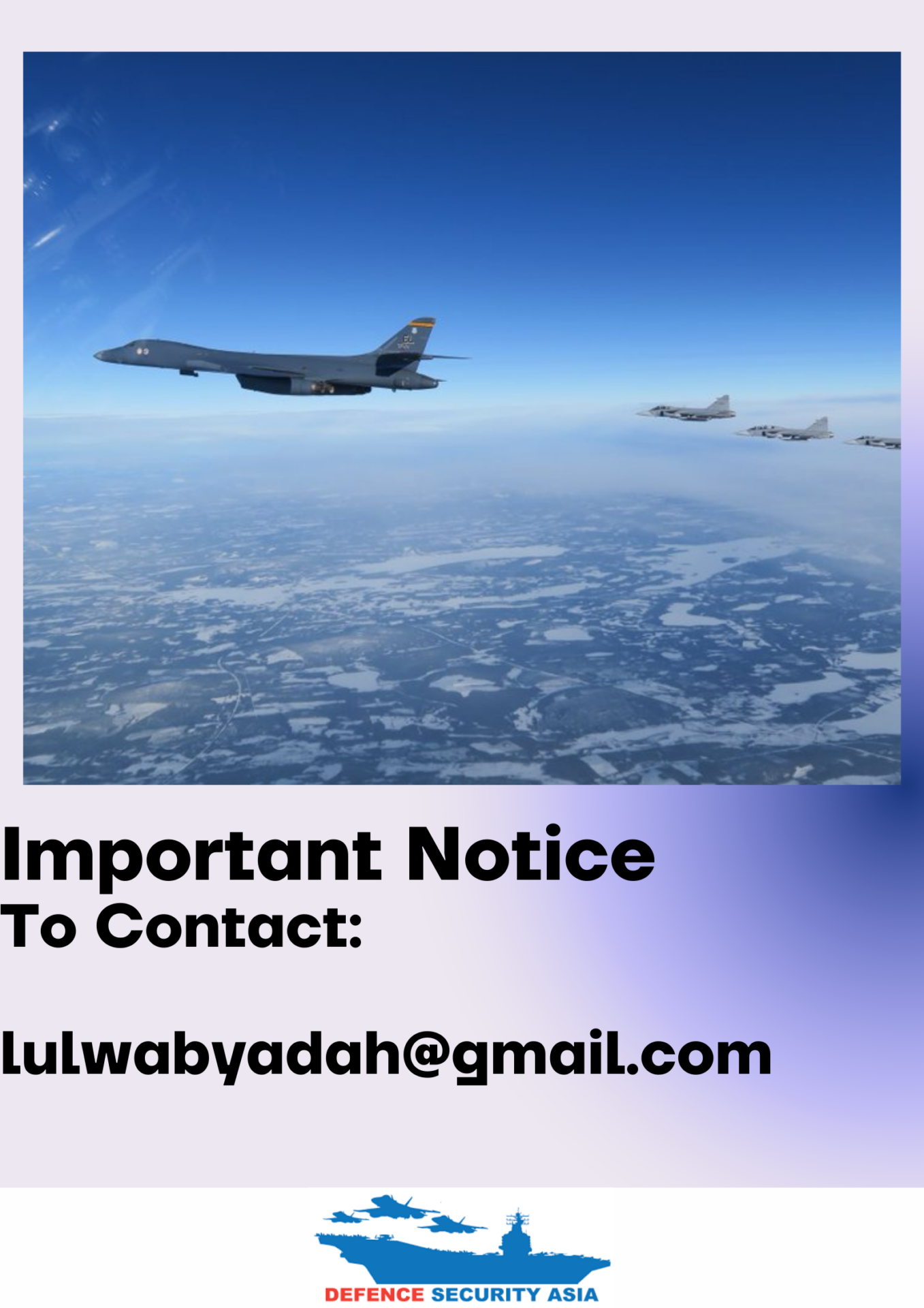


Comments are closed.